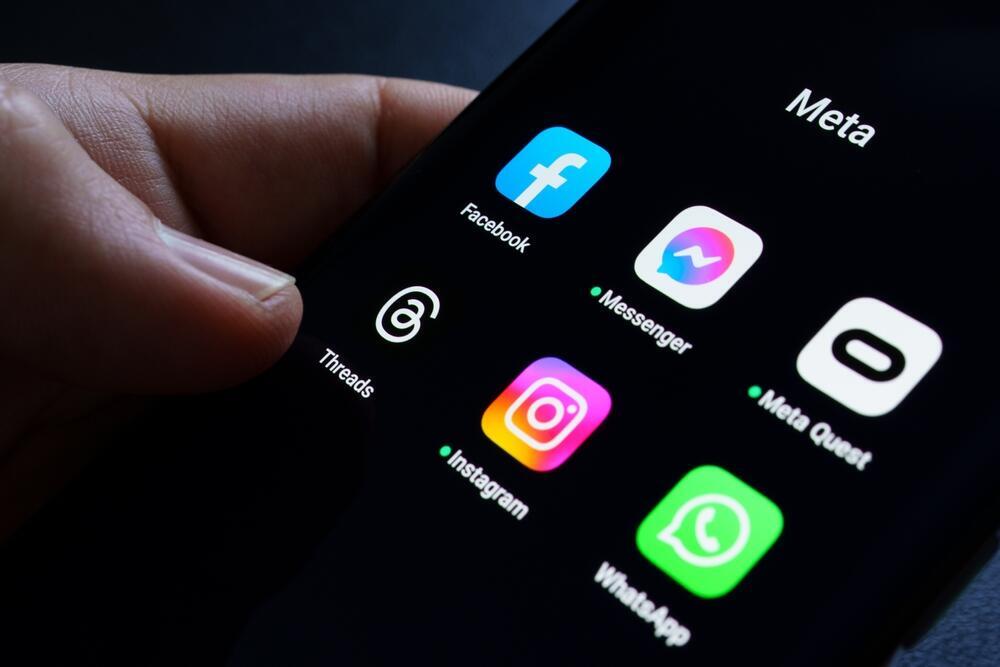As Passover approaches—a holiday representing liberation—experts are drawing a striking comparison between the ancient Israelites’ struggle for freedom and today’s digital challenges. Just as our ancestors were enslaved in Egypt, modern society is now facing a form of “digital slavery” that subtly impacts our daily lives.
The pervasive use of smartphones and other digital devices has led to a dangerous cycle of addiction, with the average person checking their phone an alarming 150 times a day. This constant disruption to focus not only stifles creativity but also makes it harder to engage in meaningful activities. The "fear of missing out" (FOMO) further fuels this behavior, prompting individuals to check their phones repeatedly.
To combat these effects, experts recommend placing smartphones out of reach during key moments, such as family meals, the first hour after waking up, and the last hour before bed. They also suggest using built-in tools like Screen Time or Digital Wellbeing to track and limit usage, and setting "phone-free" hours during the day.
Beyond digital addiction, distractions from constant notifications, messages, and alerts are making it increasingly difficult to concentrate. Studies show that task-switching reduces efficiency by 40%, impacting our ability to think deeply and focus. To address this, experts advise turning off non-essential notifications, limiting phone use to set times, and establishing regular intervals for checking messages and emails.
Social media platforms have also come under fire for fostering online violence and hate. Anonymity and algorithm-driven content—designed to trigger emotional reactions—have turned online discourse into a battleground. This "keyboard warrior" phenomenon has worsened public discourse, creating toxic environments both online and offline. Experts recommend taking a "10-second pause before responding" when encountering upsetting content, as well as avoiding emotionally charged debates on public platforms.
Another pressing issue is the blurring of boundaries between work and personal life. With work emails and messages always within reach, many employees report feeling “always on call,” leading to burnout and strain on personal relationships. Experts suggest moving work-related apps to a separate folder on smartphones and setting reminders to turn off work notifications after hours.
The physical health risks of prolonged screen time are also growing concerns. Issues like eye strain, neck and back pain, and sleep disturbances from blue light exposure are becoming more common. Experts recommend using "night mode" on devices and following the 20-20-20 rule: every 20 minutes, look at something 20 feet away for 20 seconds. They also advise getting up and moving for at least a minute every hour.
The impact of technology on mental health is another area of concern. While social media connects us more than ever, it also exacerbates feelings of isolation. Constant comparisons to curated, idealized versions of others’ lives and the pursuit of external validation through likes and comments have been linked to rising levels of anxiety and depression. Experts suggest limiting social media use to 30 minutes per day and unfollowing accounts that negatively impact mental health.
Children and teenagers are particularly vulnerable, with experts noting a decline in empathy and social skills due to the rise of screen-based communication. This lack of face-to-face interaction is affecting their ability to read emotions and resolve conflicts. Experts recommend holding "screen-free" family dinners several times a week and engaging in activities like board games to encourage direct interaction.
Get the Ynetnews app on your smartphone: Google Play: https://bit.ly/4eJ37pE | Apple App Store: https://bit.ly/3ZL7iNv
The overwhelming influx of information online is contributing to “decision paralysis,” making it difficult for people to focus on what truly matters. Experts recommend limiting news consumption to 15-20 minutes per day and using RSS readers to receive reliable, condensed updates.
Lastly, algorithms that create “information bubbles” are reinforcing existing beliefs and preventing exposure to diverse viewpoints. This is contributing to greater political polarization and hindering constructive dialogue. To break out of these bubbles, experts suggest intentionally following accounts that represent a variety of opinions and using private browsing modes when researching sensitive topics.
As technology continues to shape our lives, experts emphasize the importance of setting boundaries, managing screen time, and prioritizing both mental and physical well-being. By doing so, they hope to strike a healthier balance that fosters more meaningful interactions with the digital world.
Chava Treitel is the Research and Development Coordinator at the "Attention Revolution" association.



